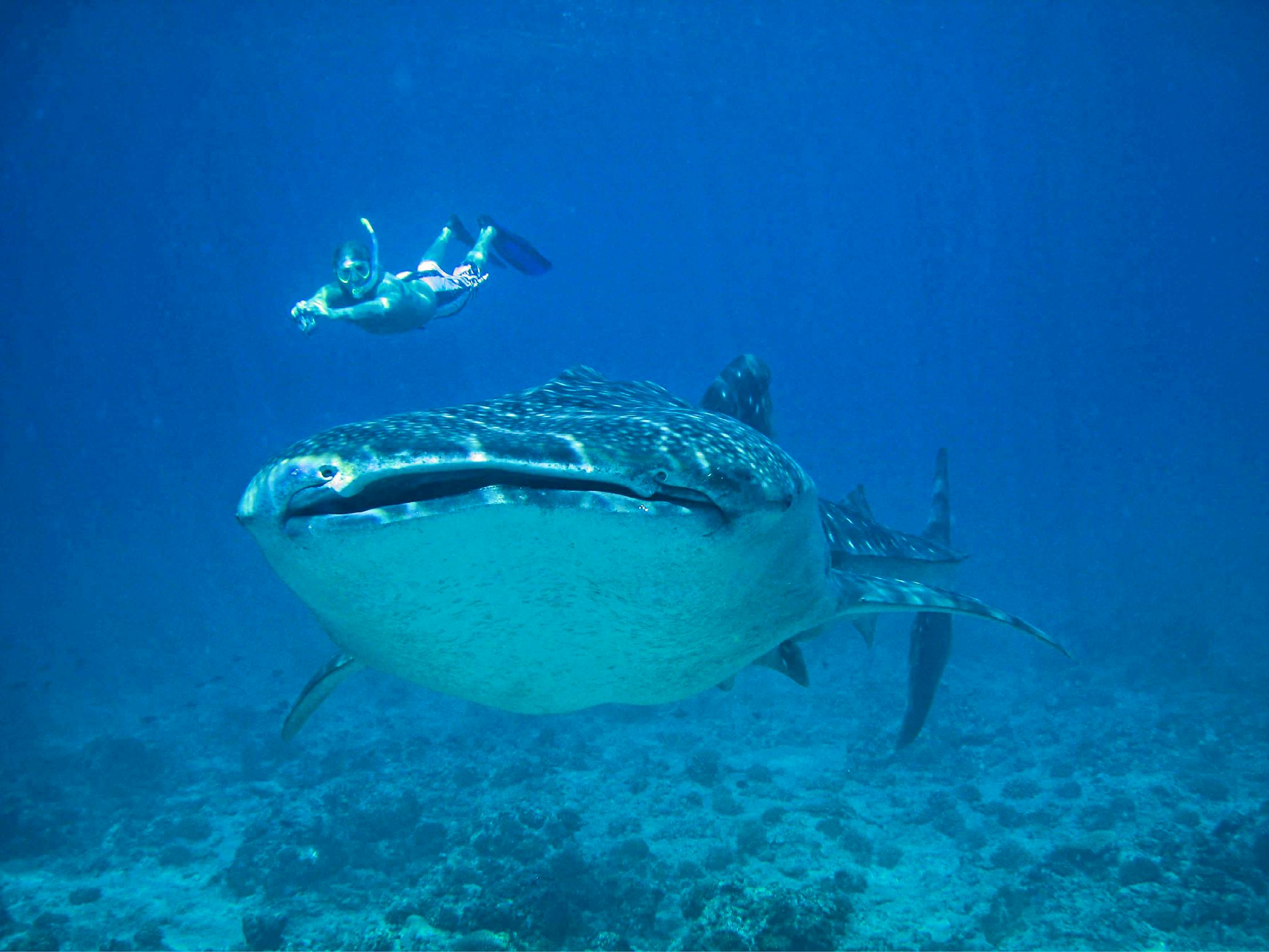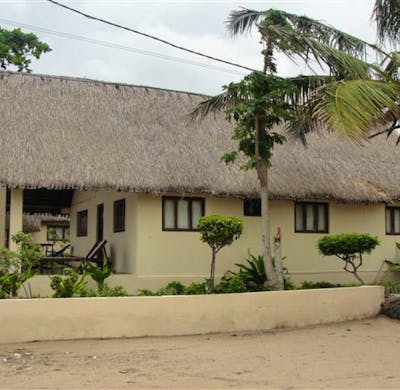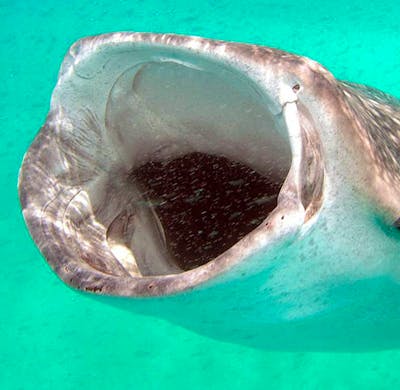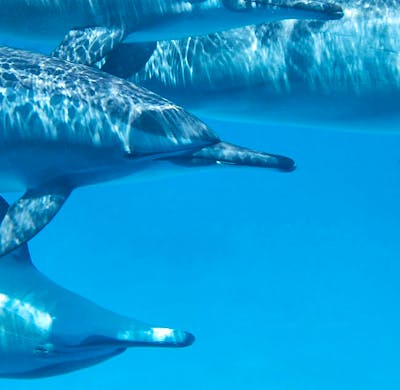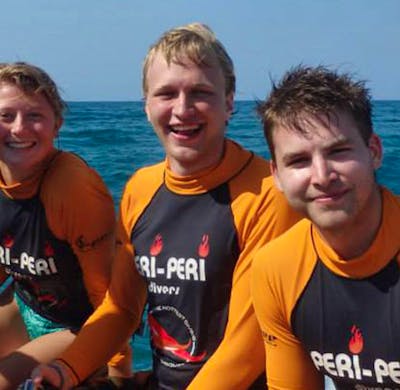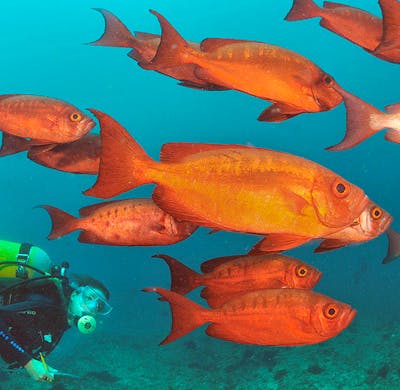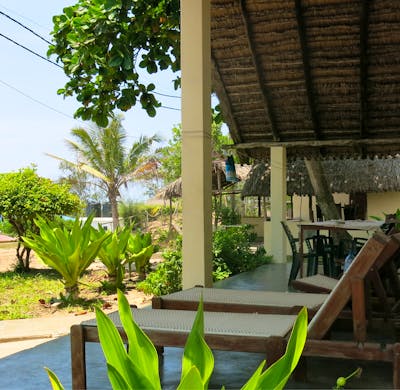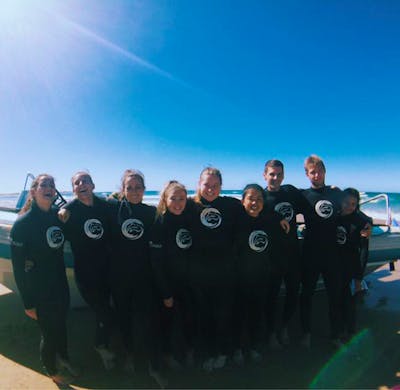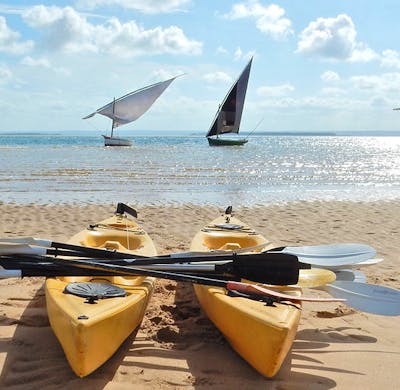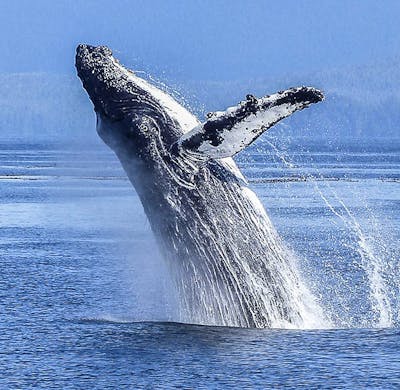from 1,867€
Marine Research and Whale Shark Conservation
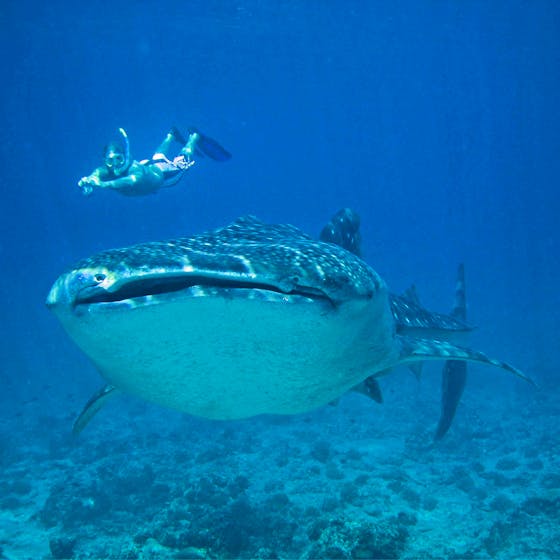
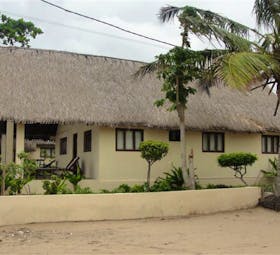
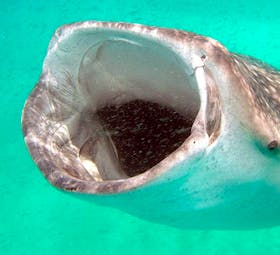
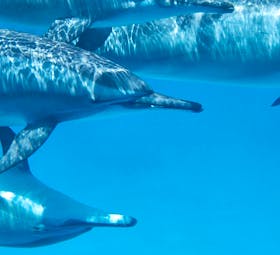
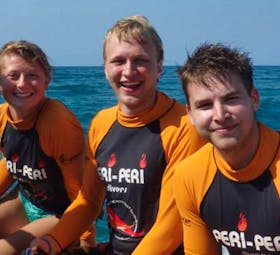
Highlights
- Volunteer and have a lasting positive impact on the conservation of the whale shark
- Help carrying out the marine research as well as the monitoring of activities
- Join other volunteers on the project to collect the data via scuba dives, ocean safaris, and beach walks off the coastline
- Expect an excellent diving, snorkeling and beach experience whilst gaining first hand marine research skills and contributing to a worthwhile project
- Explore Mozambique's idyllic tropical beaches on the Indian Ocean
Especially suitable
About the program
Work in the field to help Whale Shark conservation!
YOUR ROLE
As a volunteer on the Marine Research & Whale Shark Conservation Project, you will help carry out the marine research and monitoring activities for the project under the guidance of our co-ordinating project scientists. You will join other volunteers on the ...
Typical day
7:00 Wake up to see the sunshine and get
yourself started for the day with breakfast!
7:30 Get prepared for your research dive – get your equipment together and head to one of the dive sites, and conduct research including fish and manta ray surveys
Or you may go ...
Free-time activities
Mozambique is world famous for its idyllic tropical beaches on the Indian Ocean. As a former Portuguese colony that has come out of a prolonged civil war, it is now booming as quite possibly Africa’s top beach destination. Tofo is a laid-back beach village in ...
Requirements
What's Included
What's NOT included?
Details on arrival
Start date for this project is the first Monday of the month throughout the year, with the exception of December when the project is closed.
*Min of 3 weeks required to participate in the international certified PADI course.
BEFORE YOU BOOK YOUR FLIGHT
All our volunteer projects commence on the first MONDAY OF THE MONTH, as this is when All Out Africa staff can personally collect you from the airport.
Airport transfers on this day is what is included as a part of your project fee. If you arrive on another day, additional charges may occur.
If your project/expedition begins in Mozambique you should fly to Inhambane. You may do this by flying to Johannesburg in South Africa or Maputo in Mozambique then take a connecting flight to Inhambane. To ensure your journey is fluid and easier, please try and book your connecting flight to Inhambane on the same day that your flight lands in OR Tambo or Maputo.
Please make sure you arrange a valid visa for Mozambique prior to flying. You can get a visa in Mozambique on arrival only if your country of origin does not have a Mozambican embassy.
VISA FOR MOZAMBIQUE
Mozambique has recently changed its visa policies to allow for more tourists to get their visas upon arrival, but we still request that you reach out to your nearest Mozambican embassy to confirm this is a possibility for you. It is your responsibility to check if you need a pre-arranged visa. Should you need a letter to assist with a visa, please let us know and we will happily assist.
ARRIVALS
You will be given an ‘International Arrival/Departure form’ on your flight – please fill this in on the plane before landing. When you are filling in the Arrival/Departure form please remember that participating with All Out Africa counts as ‘tourism’ for immigration purposes.
If you transit through OR Tambo International Airport, your first stop will be at the Immigrations Desk where you will have to hand them your passport and your Arrival/Departure form that you would have filled out on your flight. Your passport is stamped/endorsed by the Immigration Officer and he/she will issue you with a visa. You will then proceed to international departures to prepare for your flight to Inhambane.
If you transit through Maputo, Mozambique you will pass through the Immigration Desk where you will have to hand them your passport and your Arrival/Departure form that you would have filled out on your flight. Your passport is stamped/endorsed by the Immigration Officer and he/she will issue you with a visa. You will then proceed to domestic departures to prepare for your flight to Inhambane.
For your destination details please write down All Out Africa and if asked for postal address please put: ALL OUT AFRICA, Tilak Lodge, Tofo, Mozambique. You will then enter the baggage reclaim area to collect your luggage. Once you have your luggage make your way to the exit. There you will be met by one of our staff (holding a sign and wearing a T-shirt with the All Out Africa logo).
DEPARTURES
When you arrive a member of All Out Africa staff will request your flight departure time and will organise a transfer for you from Tofo to the Inhambane airport.
Program fees
Meet your organization
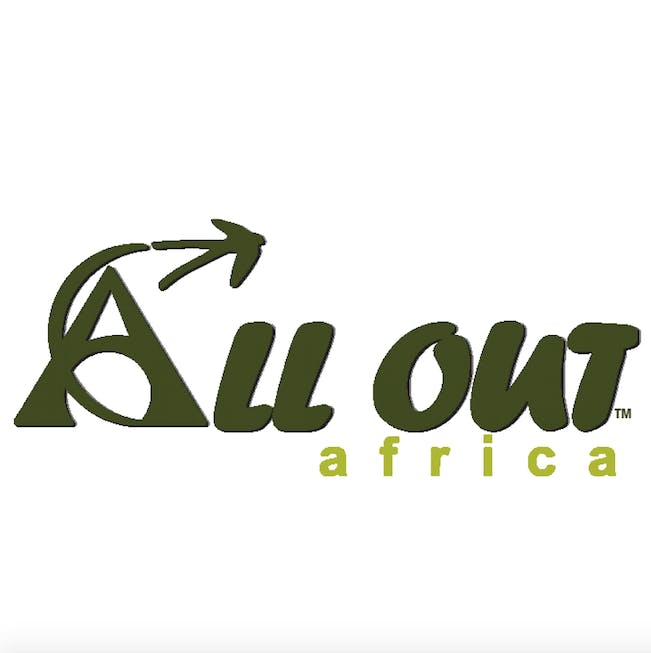
All Out Africa
Non-profit - founded in 2004
Verified by Volunteer World
Coordinated by
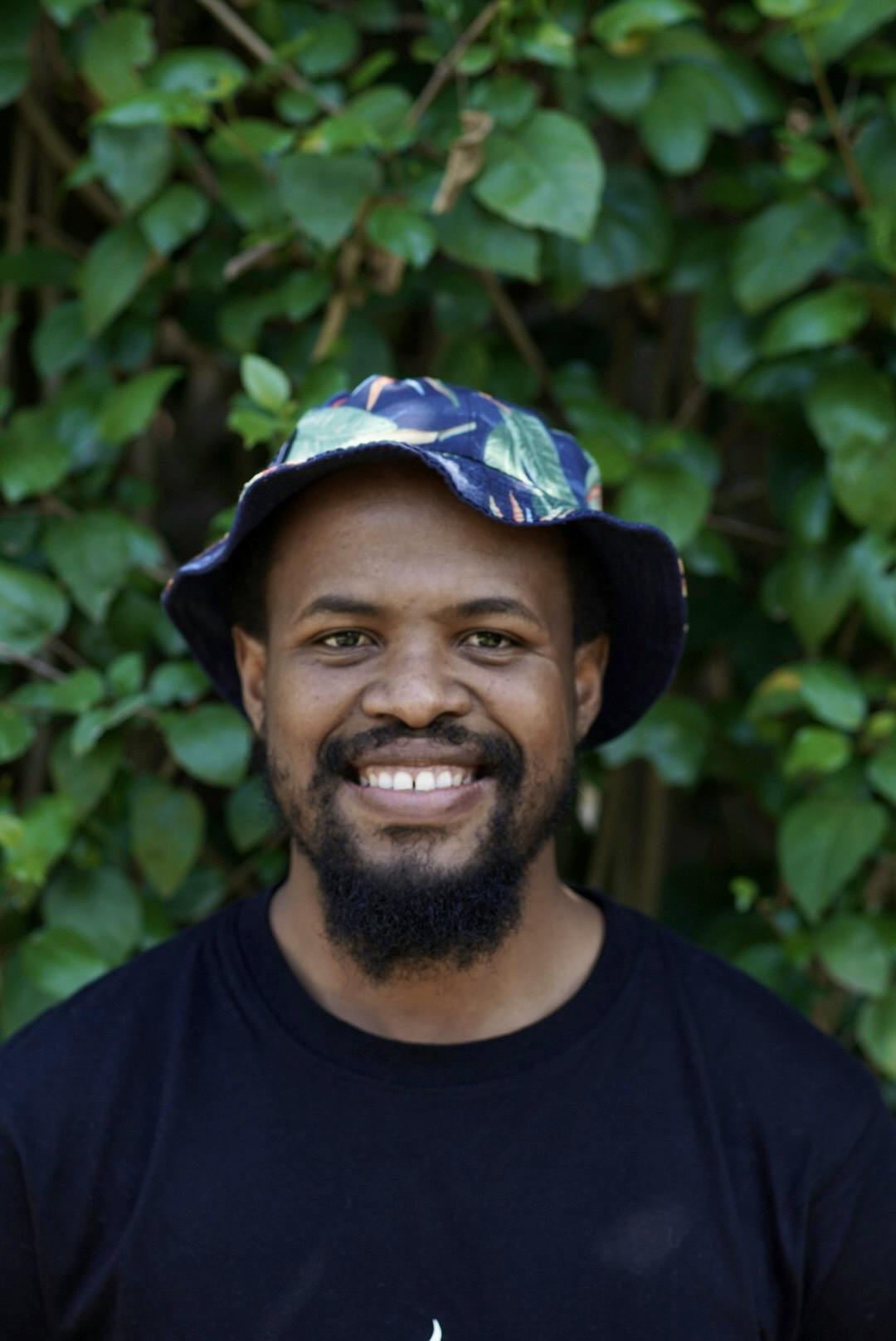
Simise
About the project
14 reviews ·  4.5
4.5
Location

You might also be interested in
-
Beach Cleaning
Coral Reef Conservation
Diving
Diving certificate
Leopard Shark
Manta Ray
Snorkeling
Whale Shark
Yoga
Dolphin Conservation
Ray Conservation
Sea Turtle Conservation
Shark Conservation
Waste Reduction
Whale Conservation
Family Volunteering
50 Plus Volunteering
Voluntouring
Mission Trips to Africa
Whale and Dolphin
Mission Trips
Projects Abroad
Marine Big 5
Adults
Marine Mammal
Volunteer Trips for College Students
Animals in Africa
Global Volunteer Opportunities
Best Volunteer Programs
Couples
Group Volunteering
